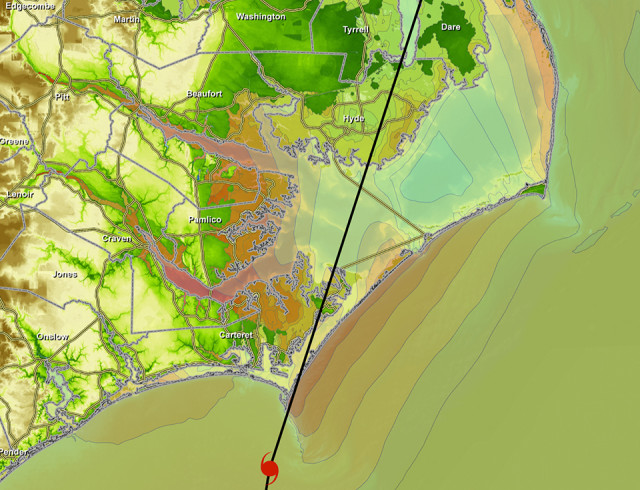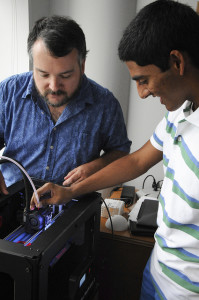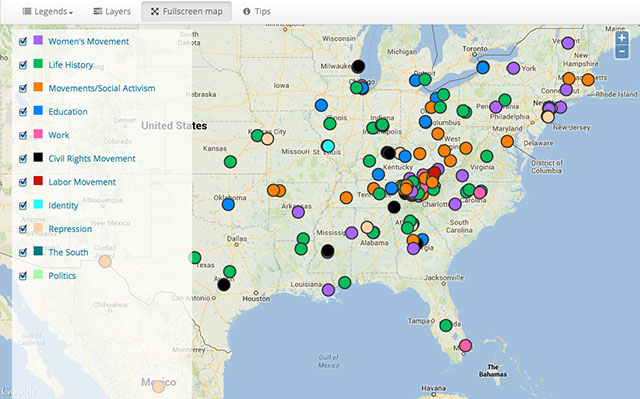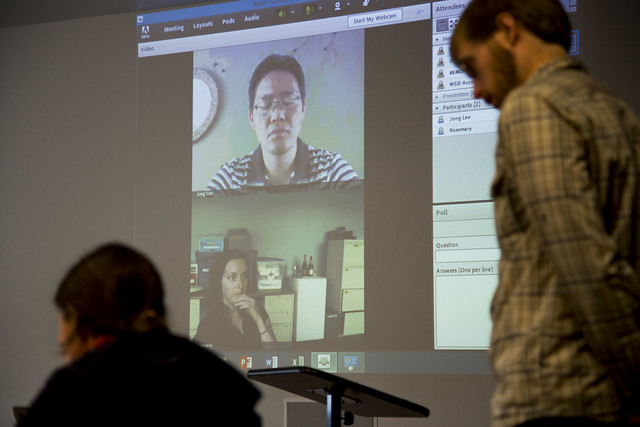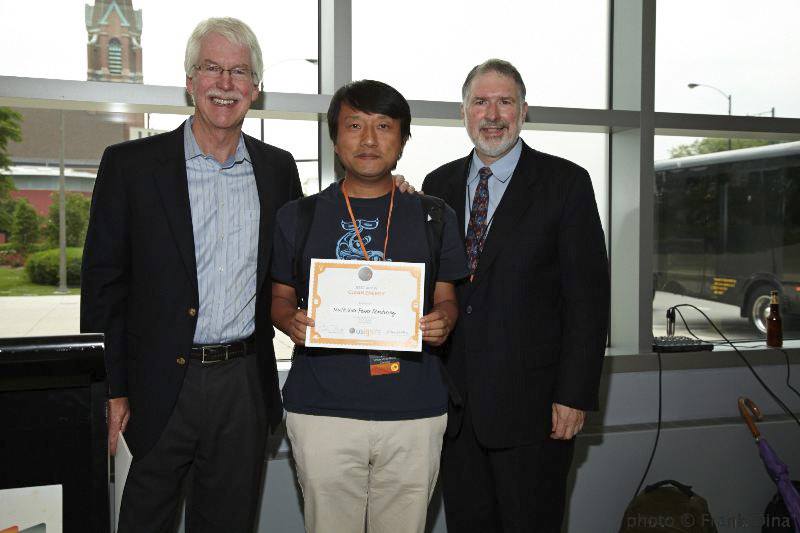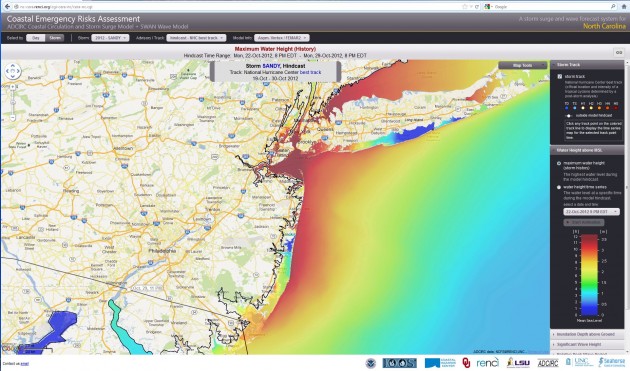RENCI and Duke researchers aim to understand whether VEs can help patients control diabetes

The pharmacy in the virtual environment created by Duke School of Nursing Researchers. The pharmacy allowed study participants to look up health information and information about medications.
Rates of type 2 diabetes are increasing, and the debilitating disease touches the lives of more and more people each day. Although genetic factors do play a role in the chance of an individual developing this chronic condition, lifestyle choices such as diet and exercise, also play crucial roles in both the risk of contracting type 2 diabetes, and managing and controlling it throughout an individual’s life. Read more


